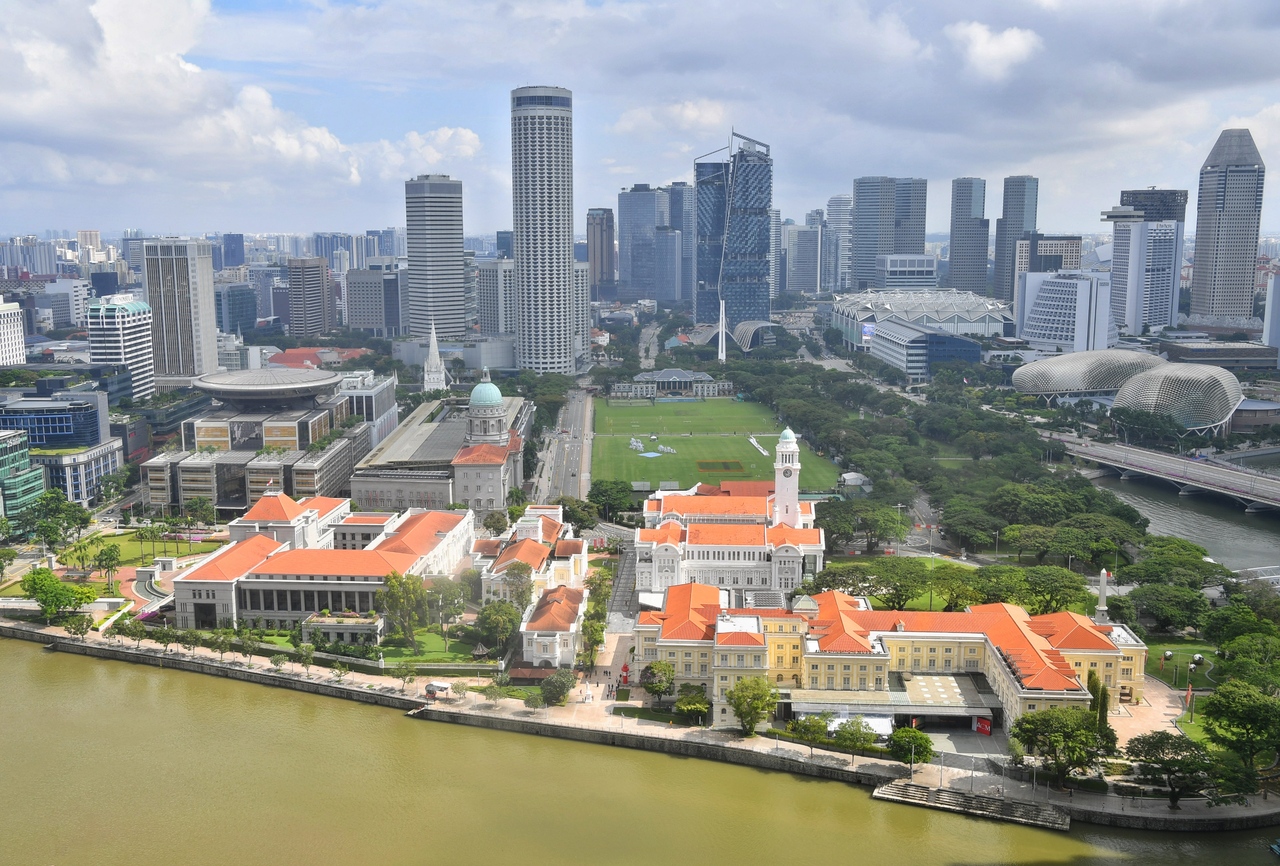Move beyond 'us vs them' differences and embrace heritage in building national identity: IPS panel
Sign up now: Get ST's newsletters delivered to your inbox

Migration policy is integral to Singapore's cosmopolitanism, said Associate Professor Elaine Ho.
ST PHOTO: CHONG JUN LIANG
Follow topic:
SINGAPORE - Singapore needs to move away from the "us versus them" dichotomy when discussing foreigners, and recognise and accept that its national identity evolves even through immigration and emigration, said Associate Professor Elaine Ho from the National University of Singapore's department of geography.
At the same time, the country has to remember its heritage and use it as a way to promote understanding, said Ms Chang Hwee Nee, chief executive officer of the National Heritage Board, who also noted its potential to be a double-edged sword used to justify exclusivity, familiarity and antagonism.
Both were speakers on a virtual panel on the topic of how being an open cosmopolitan city affects national identity at the Singapore Perspectives conference, organised by the Institute of Policy Studies (IPS), on Thursday (Jan 13). It was moderated by IPS principal research fellow and head of its social lab Mathew Mathews.
Prof Ho said migration policy is integral to Singapore's cosmopolitanism - both in the attraction of international talent as well as the recruitment of low-skilled migrants to build and support infrastructure. But she also noted that the outflow of Singaporeans who move abroad and return with international exposure is a contributing factor.
She said current debates on the topic of differences tend to assume a Singaporean versus others dichotomy.
But Prof Ho's research has found there are also social divisions within immigrants, such as the earlier cohort of immigrants feeling a greater sense of belonging than newer ones.
"We need to move past the Singaporean versus others dichotomy to consider other aspects of difference-making as well," she said.
In response to a question on whether promoting cultural differences reinforces pride in particular identities and contradicts the notion of developing a national identity, Prof Ho said Singapore's strength lies in its openness to plurality, but the challenge is in reminding Singaporeans of this plurality.
She said: "It's easier to just fall back on what we know rather than recognise that or accept that national identity continues to evolve through migration.
"I wouldn't necessarily think of it as a contradiction. It is certainly challenging, but this is precisely what Singapore is. It's a nation in change."
Ms Chang noted that each person has different aspects of identity, and differences naturally lead to tensions and disagreements sometimes.
"But it is these differences that define our cosmopolitanism and in turn our heritage and our collective identity, and that's something worth cultivating," she said.
"So this means that our goal is acculturation, in which different groups maintain their distinct cultural identities while sharing a common sense of rootedness. Our goal is not assimilation, which demands conforming to the same norm," she added.
Ms Chang said heritage is vital in defining national identity in the years ahead.
"Heritage, however, is a double-edged sword. It can be used to justify exclusivity, familiarity and antagonism, as much as it is a way to celebrate diversity, promote understanding as a medium to show that through all these differences, we can be more than the sum of our parts."
But to ensure the role it plays is positive requires sensitivity, understanding and an open mind, she added.
When asked about the relevance of the Chinese-Malay-Indian-Others categorisation in a cosmopolitan Singapore, Prof Ho said it remains relevant as a policy framework, but is one that "at an appropriate juncture, we may want to revisit from time to time to see whether it is still the most appropriate way to manage our social differences in Singapore".
Ms Chang said the question is whether Singapore is better off with or without the categorisation, given that it has served the country well. She added that it is a necessary policy at this point in time.
She noted that France had adopted a racially blind policy, resulting in racially segregated communities, which were clearly not desirable.
"Is it better for us to continue with it or discard it altogether at this point in time? Of course, it's getting more complex, we'll have to update it.
"It's not a perfect policy framework, there are a lot of shortcomings… It continuously needs to be refined, but the challenge is how to do so."

